
This is the English translation of a Turkish language article that was originally published by AVİM on 7 May 2024.
Last month, two significant diplomatic visits underscored the importance of Eurasian regional transportation networks: Azerbaijani President Ilham Aliyev's trip to Moscow and Turkish President Recep Tayyip Erdoğan's journey to Iraq, both focusing on regional transportation corridor projects.
President Aliyev's visit to Moscow on April 22 coincided with the 50th anniversary celebrations of the Baikal-Amur Railway Line, a project constructed in the Soviet Union to enhance access to Western Siberia's oil resources and support various mining and industrial endeavors. During the meeting, Russian President Vladimir Putin highlighted the historical importance of the railway line and acknowledged former Azerbaijani President Heydar Aliyev's pivotal role as a Politburo member overseeing the railway. During the meeting, Putin particularly highlighted the International North South Transit Corridor (INSTC) as the current issue of importance. He outlined plans to connect the Northern Sea Route with the Persian Gulf through this corridor, noting that the socioeconomic development of countries in Eurasia and the Global South would accelerate due to these new logistics routes.[1] Russia views this project as an opportunity to expand into South Asian markets, in response to challenges of international sanctions.
Aliyev's visit to Moscow took place following the withdrawal of Russian soldiers from Karabakh, and the reassurance and confidence this development instilled in Aliyev did not go unnoticed. Matters such as the implementation of transportation links pledged under the “2020 Nagorno-Karabakh Ceasefire Agreement”, particularly the establishment of transportation routes to Nakhchivan via the Zangezur Corridor, remain under discussion. Azerbaijan, with Russia's backing, seeks to increase diplomatic pressure on Armenia. Conversely, Armenia aims to bolster infrastructure financing within its borders and position itself as a pivotal junction through the "Crossroads of Peace" project.[2]
Another significant visit occurred on April 22 in Iraq, with President Erdoğan and eight Turkish ministers in attendance. During this visit, nearly 30 agreements were signed across various sectors including energy, agriculture, and trade. One of the most notable agreements, particularly in terms of regional cooperation, was the quadripartite MoU for the “Development Road” Project. This memorandum was signed with the participation of the Minister of Energy and Infrastructure of the United Arab Emirates (UAE), and the Ministers of Transport from Iraq, Qatar, and Türkiye.
The Development Road Project is expected to extend from the Faw Port in Basra, Iraq to Türkiye, offering a broad transportation network with highways and rail systems. Faw Port, whose final stages have been implemented by a South Korean company, stands out with the world's largest breakwater and has the potential to surpass the capacity of the Jebel Ali Port in Dubai. Inspired by the Suez Canal, the Development Road is also known as the "dry canal” and aims to revitalize the region by passing through Mosul.
The direct shipping service initiated by Dubai Port World between the UAE and Iraq demonstrates that the UAE will also benefit from the Development Road Project, while Qatar's potential to export energy through this project, motivating both countries to support the initiative.
The project holds significance with its potential to create new job opportunities in the region and serve as energy transit routes. The ongoing civil war in Syria and the Palestine-Israel conflict are making Iraq an alternative for Europe to access natural resources from Asia and the Gulf. However, security remains a significant concern for Iraq. Increasingly, the Kurdish Regional Government of Iraq is acting as an independent player in affairs related to natural resources and this fact is leading to internal disputes with the central Iraqi government, affecting the security and stability of the region. Therefore, Iraq and Türkiye are seeking to generate solutions through cooperation.
The India-Middle East-Europe Economic Corridor (IMEC), which was announced at the G7 summit last year, is planned to be connected to the UAE by sea from Indian ports, to Israel by rail via Saudi Arabia and Jordan, and from Israel to Greece by sea, by excluding Türkiye. The United States (the US) has actively supported the IMEC. However, due to the Israel-Palestine conflict, the region appears unlikely to achieve stability for a prolonged period, rendering the feasibility of IMEC void at this stage. Therefore, the Development Road project serves as a response to IMEC and offers a viable alternative.
During this period, the Houthis in Yemen initially launched ballistic missile attacks targeting Israel, and later targeted trade ships heading from the Red Sea to Israel. The US took the lead in conducting air operations against Houthi targets. This situation, which could affect international trade, has also highlighted the need for alternative routes.
The development of multimodal transportation and logistics corridors began in the 1980s, gaining momentum with the rapid growth of globalization and world trade. The dissolution of the Soviet Union, along with political and economic developments in Latin America and Asia, as well as China's opening up to the world, have led to the inclusion of more countries in the global trade system. In 1970, the total volume of international seaborne goods was approximately 2.5 billion tons, by 2008, that figure reached 8.2 billion tons.[3] These developments, with countries' growth aspirations, have spurred the search for new projects in this domain. In this context, strategically positioned countries like Türkiye are expected to take on a leading role in such endeavors.
*Photograph: Middle East Monitor
[1] “Joint meeting was held between Azerbaijani and Russian Presidents with railway veterans and workers on the occasion of the 50th anniversary of the Baikal-Amur Mainline”, Official web-site of President of Azerbaijan Republic, April 22, 2024, https://president.az/en/articles/view/65566/print
[2] “The Government of the Republic of Armenia presents "Crossroads of Peace" Project”, Լուրեր Youtube, November 18, 2023, https://www.youtube.com/watch?v=Eysnq8ImQak
[3] “International Shipping Facts and Figures—Information Resources on Trade, Safety, Security Environment”, IMO (International Marine Organization), March 6, 2012, https://nmsmontereybay.blob.core.windows.net/montereybay-prod/media/resourcepro/resmanissues/pdf/120601shippingfacts.pdf
© 2009-2025 Center for Eurasian Studies (AVİM) All Rights Reserved
No comments yet.
-
 AUTHORITARIANISM AND THE WEST’S DILEMMA
AUTHORITARIANISM AND THE WEST’S DILEMMA
Gülperi GÜNGÖR 31.05.2024 -
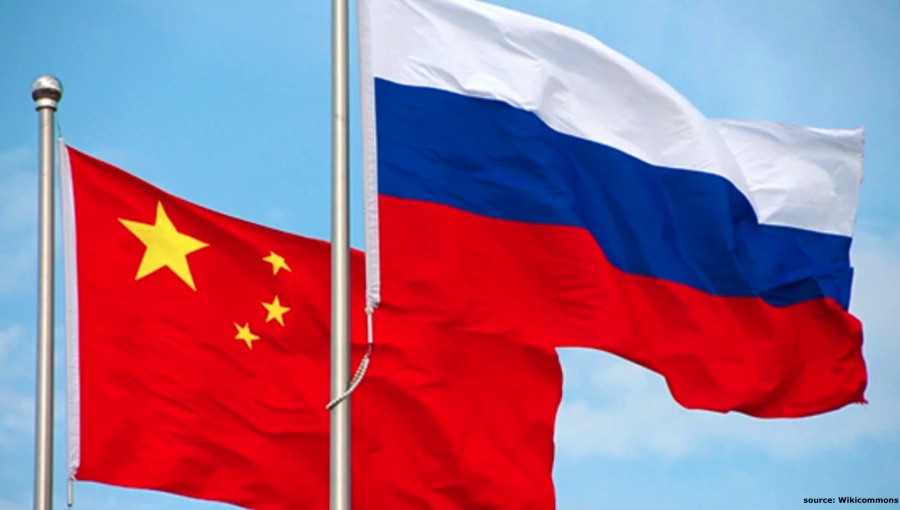 HOW HAVE THE SANCTIONS IMPOSED ON RUSSIA AFFECTED CHINA?
HOW HAVE THE SANCTIONS IMPOSED ON RUSSIA AFFECTED CHINA?
Gülperi GÜNGÖR 01.07.2022 -
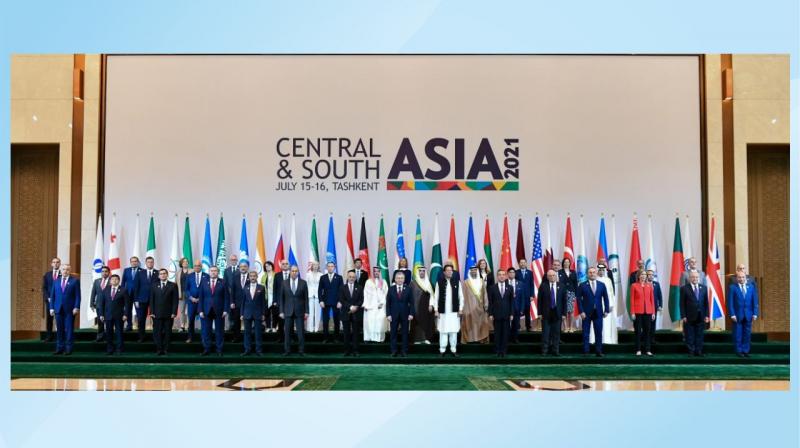 CENTRAL ASIA – SOUTH ASIA REGIONAL CONNECTIVITY AND THE NEW QUADRILAERAL PLATFORM (QUAD)
CENTRAL ASIA – SOUTH ASIA REGIONAL CONNECTIVITY AND THE NEW QUADRILAERAL PLATFORM (QUAD)
Gülperi GÜNGÖR 13.09.2021 -
 16TH SUMMIT OF BRICS LEADERS
16TH SUMMIT OF BRICS LEADERS
Gülperi GÜNGÖR 19.11.2024 -
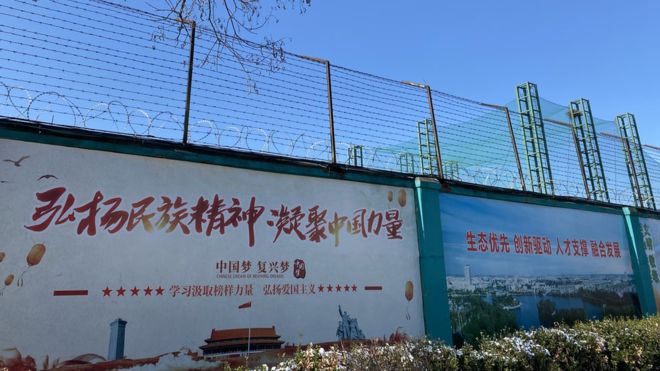 FACTORIES USING FORCED LABOUR OF THE UYGHURS PROVIDE SUPPLIES FOR 83 WELL-KNOWN BRANDS
FACTORIES USING FORCED LABOUR OF THE UYGHURS PROVIDE SUPPLIES FOR 83 WELL-KNOWN BRANDS
Gülperi GÜNGÖR 09.03.2020
-
 THE BOSTON BOOK PARTY, ARMENIAN THREATS
THE BOSTON BOOK PARTY, ARMENIAN THREATS
AVİM 14.12.2018 -
NUMBER 21 OF THE REVIEW OF ARMENIAN STUDIES HAS BEEN PUBLISHED
AVİM 27.07.2010 -
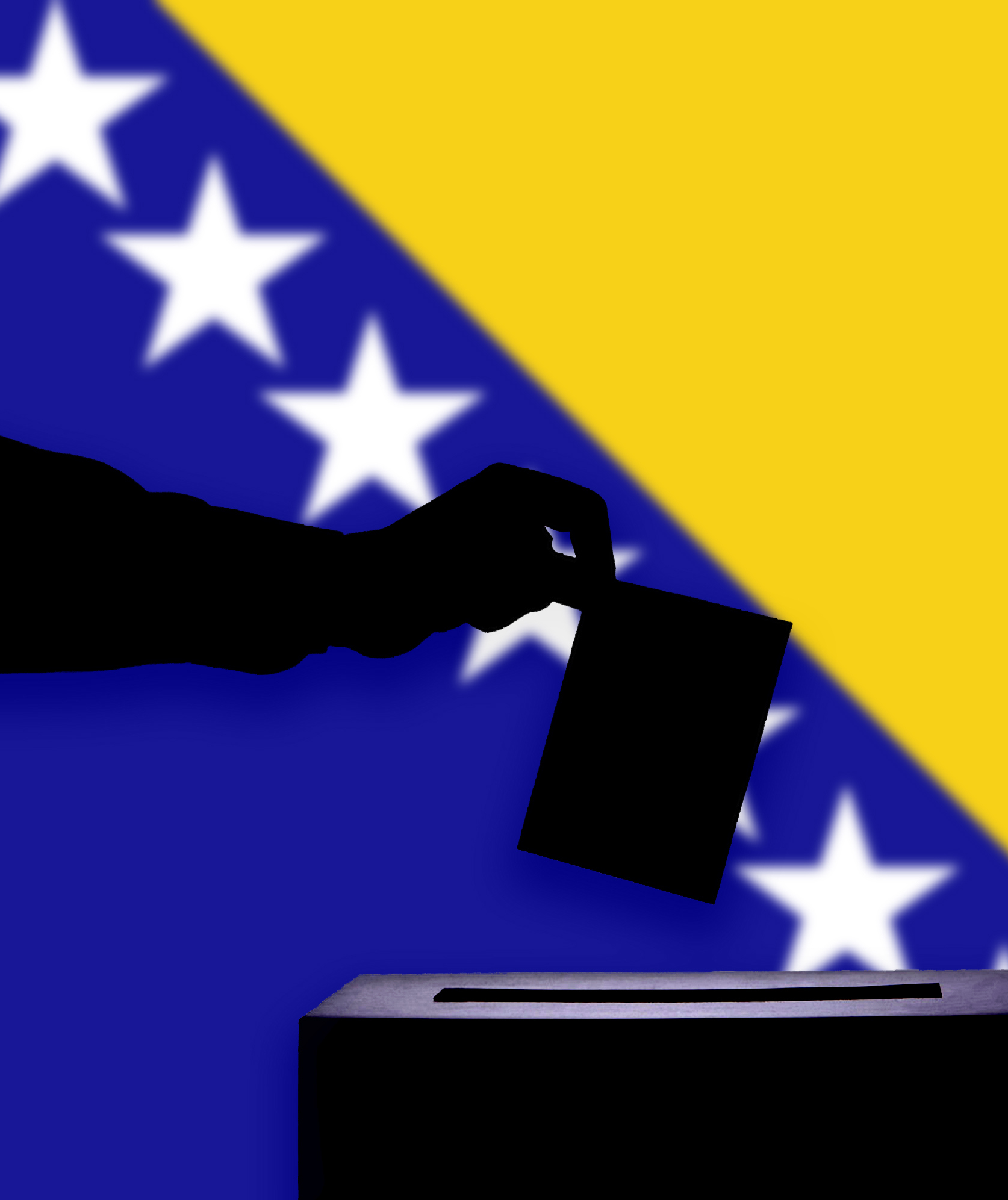 BOSNIA-HERZEGOVINA ELECTION RESULTS SIGNAL ROUGH CHALLENGES FOR EU DESIGNS IN THE BALKANS
BOSNIA-HERZEGOVINA ELECTION RESULTS SIGNAL ROUGH CHALLENGES FOR EU DESIGNS IN THE BALKANS
Teoman Ertuğrul TULUN 16.10.2018 -
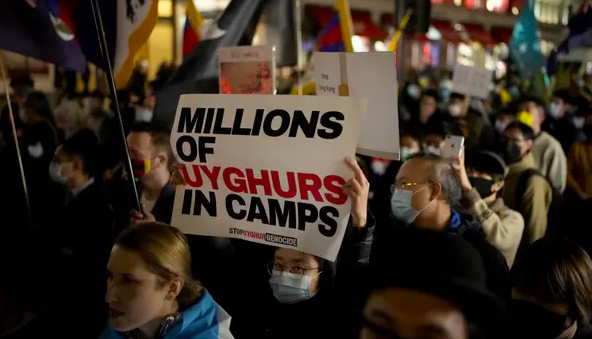 THE DOCUMENTS EXPOSING CHINA’S HUMAN RIGHTS VIOLATIONS
THE DOCUMENTS EXPOSING CHINA’S HUMAN RIGHTS VIOLATIONS
Şevval Beste GÖKÇELİK 27.12.2021 -
CONFIDENCE BUILDING MEASURES IN ASIA
Alev KILIÇ 29.03.2013
-
25.01.2016
THE ARMENIAN QUESTION - BASIC KNOWLEDGE AND DOCUMENTATION -
12.06.2024
THE TRUTH WILL OUT -
27.03.2023
RADİKAL ERMENİ UNSURLARCA GERÇEKLEŞTİRİLEN MEZALİMLER VE VANDALİZM -
17.03.2023
PATRIOTISM PERVERTED -
23.02.2023
MEN ARE LIKE THAT -
03.02.2023
BAKÜ-TİFLİS-CEYHAN BORU HATTININ YAŞANAN TARİHİ -
16.12.2022
INTERNATIONAL SCHOLARS ON THE EVENTS OF 1915 -
07.12.2022
FAKE PHOTOS AND THE ARMENIAN PROPAGANDA -
07.12.2022
ERMENİ PROPAGANDASI VE SAHTE RESİMLER -
01.01.2022
A Letter From Japan - Strategically Mum: The Silence of the Armenians -
01.01.2022
Japonya'dan Bir Mektup - Stratejik Suskunluk: Ermenilerin Sessizliği -
03.06.2020
Anastas Mikoyan: Confessions of an Armenian Bolshevik -
08.04.2020
Sovyet Sonrası Ukrayna’da Devlet, Toplum ve Siyaset - Değişen Dinamikler, Dönüşen Kimlikler -
12.06.2018
Ermeni Sorunuyla İlgili İngiliz Belgeleri (1912-1923) - British Documents on Armenian Question (1912-1923) -
02.12.2016
Turkish-Russian Academics: A Historical Study on the Caucasus -
01.07.2016
Gürcistan'daki Müslüman Topluluklar: Azınlık Hakları, Kimlik, Siyaset -
10.03.2016
Armenian Diaspora: Diaspora, State and the Imagination of the Republic of Armenia -
24.01.2016
ERMENİ SORUNU - TEMEL BİLGİ VE BELGELER (2. BASKI)
-
AVİM Conference Hall 24.01.2023
CONFERENCE TITLED “HUNGARY’S PERSPECTIVES ON THE TURKIC WORLD"









